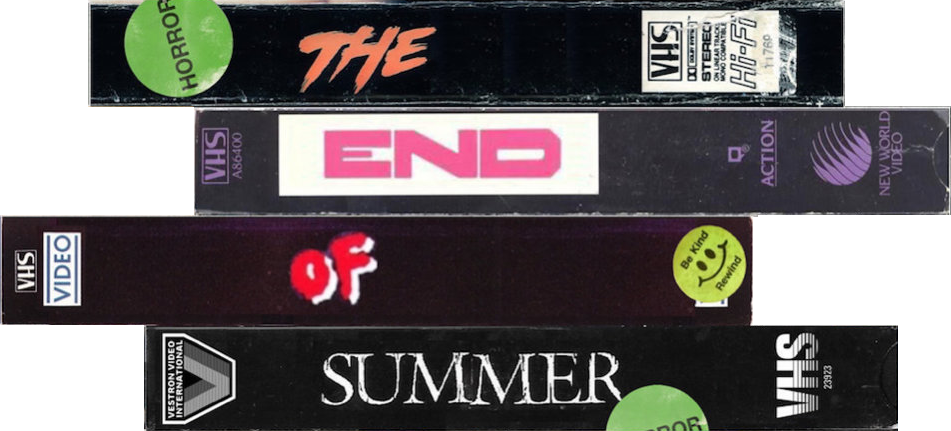I consider myself a mature person. Not in the sense that I'm stuffy and bitter and don't approve of ass humor, but in the sense that I like to think I make sound and logical decisions. I exercise good common sense. I think reasonably, and attempt to keep all emotion out of my decisions about and reactions to certain developments that pop up in my life. That, to me, is the actual sign of maturity.
So, having said that, I'm allowed to laugh at whatever I want, and in whatever situation I so choose.
The Phantom Carriage is a phenomenal film. Serious film buffs should definitely seek it out if they have not yet made themselves familiar. Considering its age, you can likely find a public domain version somewhere on Internet to stream for free, but I'd advise you to check out the Criterion version to experience the film alongside the experimental film score created by artist KTL, which really makes the film much more eerie and unnerving.
Because I'm lazy, here's a copy-and-pasted synopsis:
The last person to die on New Year's Eve before the clock strikes twelve is doomed to take the reins of Death's chariot and work tirelessly collecting fresh souls for the next year. So says the legend that drives The Phantom Carriage (Körkarlen), directed by the father of Swedish cinema, Victor Sjöström. The story, based on a novel by Nobel Prize winner Selma Lagerlöf, concerns an alcoholic, abusive ne'er-do-well (Sjöström himself) who is shown the error of his ways, and the pure-of-heart Salvation Army sister who believes in his redemption. This extraordinarily rich and innovative silent classic (which inspired Ingmar Bergman to make movies) is a Dickensian ghost story and a deeply moving morality tale, as well as a showcase for groundbreaking special effects.
Being that this is a Swedish film, the occasional intertitle card that pops up on screen is, quite obviously, in Swedish.
By now, you have to be wondering where all of this is going.
Well, here's my point:
At the end of the film, in which lead bastard David Holm has learned the error of his ways and breaks down crying in front of his wife, the film ends, on a powerfully emotional note. We're overjoyed to learn that he is a changed man. He's been reunited with his family. Everything is going to be okay again.
We cut to black.
"The End" pops up on the screen, but obviously, it doesn't specifically say "The End," but instead, the Swedish translation of "The End."
Which is:

Thank you, and good night.


No comments:
Post a Comment